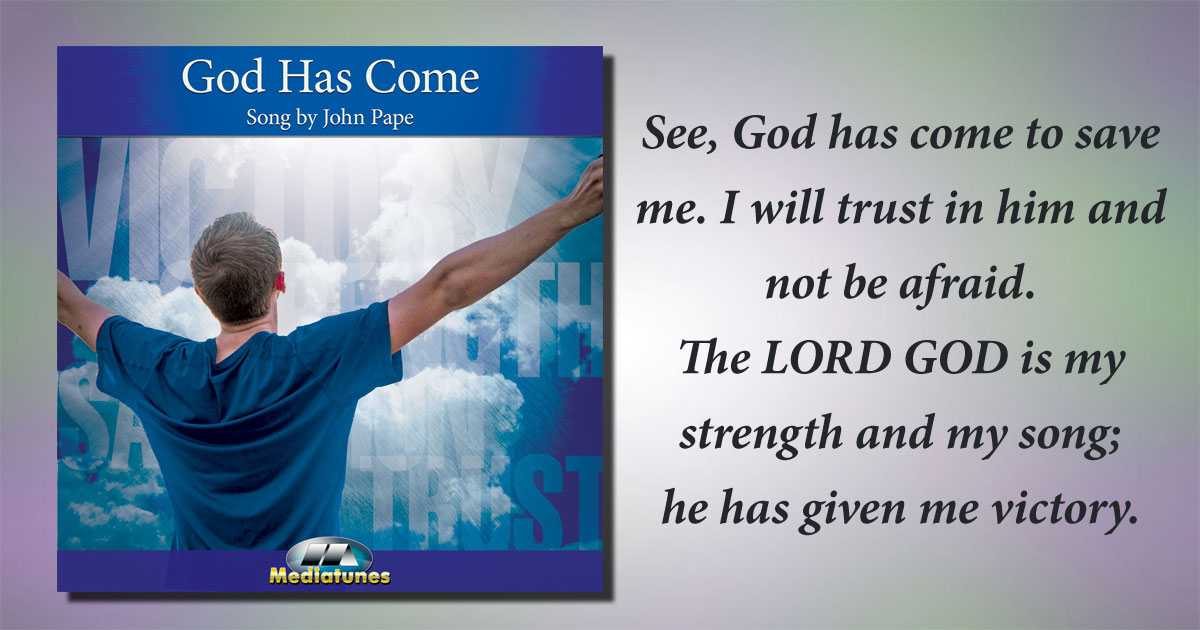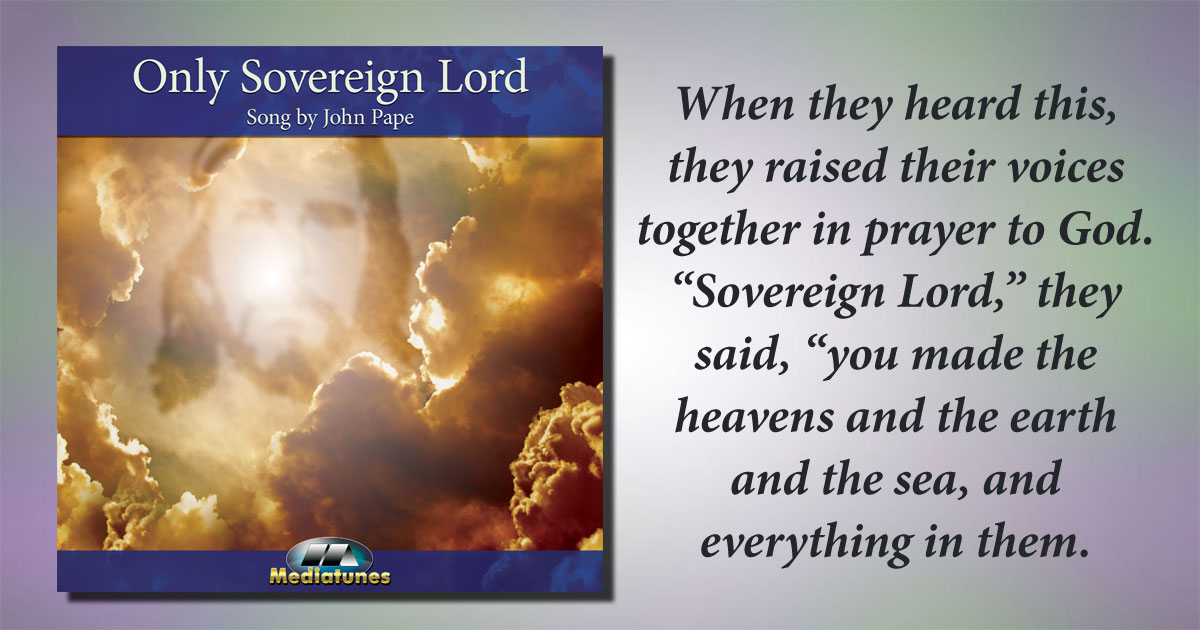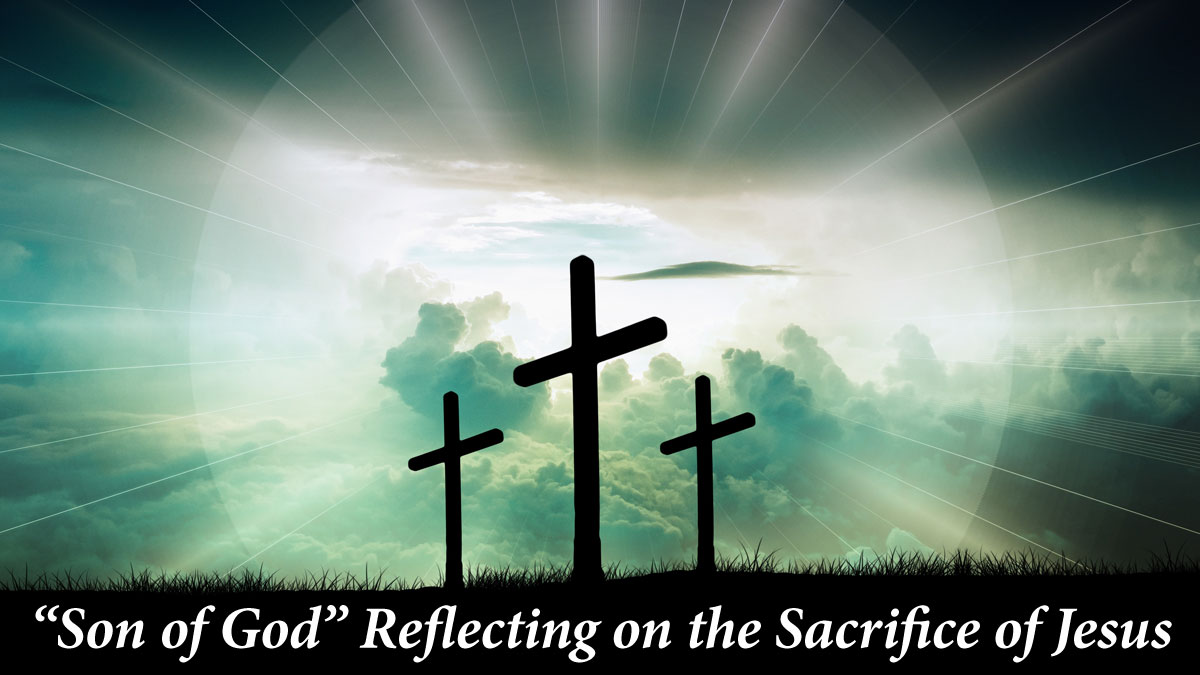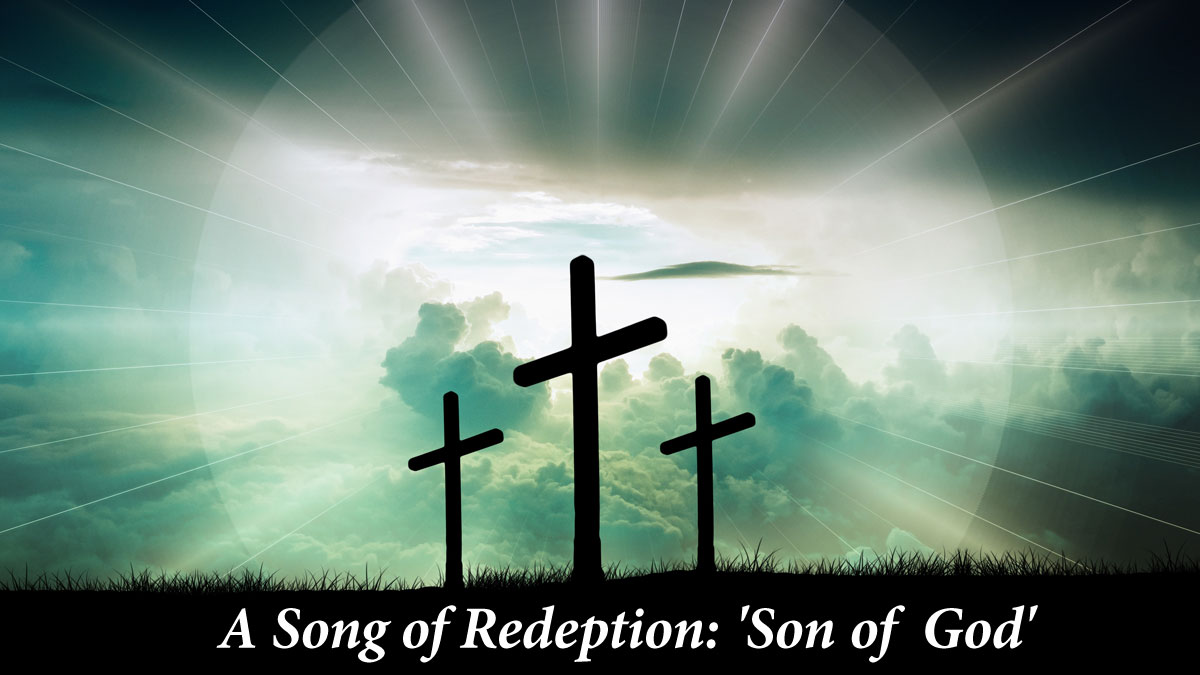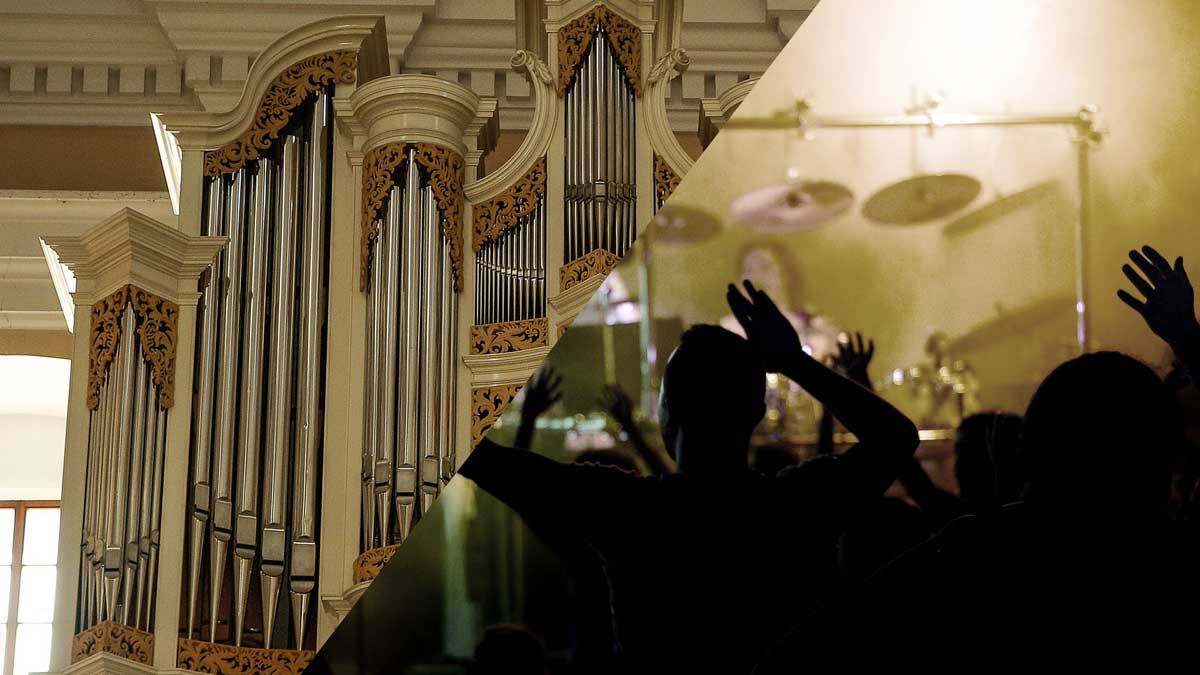Discovering Strength and Victory Through Worship: ‘God Has Come’ Song Analysis
We are going to do a dive deep into the world of music and scripture. Learning about how that ties us together as a community. For the next few minutes we will conduct a song analysis for “God Has Come“. This song is not just any song. It is a reminder of hope, trust, and victory, all rooted in the teachings of the Bible.
The song is inspired by the verse Isaiah 12:2 found in the Old Testament.
“Behold, God is my salvation, I will trust and not be afraid; ‘For Yah, the Lord, is my strength and song; He also has become my salvation.'”
In this verse, Isaiah rejoices in God as his salvation and source of strength. It is a reminder that when we place our trust in God, we need not fear. God becomes our strength and our song, a source of joy and salvation in our lives. That is what inspired me to write this song.
It is a song that speaks to our souls. It reminds us that even in the toughest times, we can find strength and celebrate our wins with gratitude. In this post we will analyze the song “God Has Come” written by John Pape. Here is what we will cover.
Diving into Scripture
We will take a closer look at some Bible verses that echo with the lyrics of “God Has Come.” These verses are the bedrock of our faith, offering inspiration for daily lives.
Decoding the Song
We are going to dissect the lyrics of “God Has Come“. By do this we will to uncover the deep theological meaning. Also, we will discover the emotional impact the song in relationship to our lives. This song carries a message of trust, fearlessness, and victory.
Meditation on Our Personal Journey
Spiritual growth involves self-reflection. Throughout our out time here, we will meditate on our personal experiences with God. This will include His presence, strength, and salvation. This meditation will help us deepen our faith.
Life Application
Lastly, we will bridge the gap between what we discuss here and how it plays out in our daily lives. We will explore how the song’s lessons and scripture integrate into our routines. This will help us navigate life’s challenges with faith and courage.
As we journey through discussion today, may the message of “God Has Come” open our hearts. That we gain understanding of how worship music and scripture strengthens our faith. So, my friend, are you ready to dive in? Let us begin.
Listen to the song
Song Lyrics
[Verse] God has come to save me. I will trust in Him God has come to save me. I will not be afraid. [Chorus] The LORD GOD Is my strength Thank you LORD! Praise your name The LORD GOD Is my song Tell the world Let them know He has given me victory.
Exploring Each Lyric Line
First, we will look at each lyric line from the song. Although the song is inspired by Isaiah 12:2. And is a scripture song, each line has its own unique biblical concept. Let us take some time to breakdown each lyric line and get a greater meaning behind the words. You will discover the deeper message of the song.
“God has come to save me.”
“I, even I, am the Lord, and besides Me there is no savior.”
Isaiah 43:11
This simple yet profound lyric reminds us that God is our ultimate savior. It is in line with Isaiah 43:11, which emphasizes that there is no savior other than the Lord. It is a reminder that when life gets tough, we can lean on God for salvation.
This verse from Isaiah highlights there is no savior other than the Lord Himself. It underscores the exclusive role of God as the one who can rescue and save us.
“I will trust in Him.”
“Commit your way to the Lord, trust also in Him, and He shall bring it to pass.”
Psalm 37:5
This verse encourages us to entrust our path and plans to the Lord. When we trust in Him, He will guide us and bring about His purposes in our lives.
Trust is a recurring theme in the Bible. This lyric echoes Psalm 37:5, encouraging us to place our faith in God’s plans and promises. Even when life throws us curveballs, we can trust that God will guide us through.
“God has come to save me.”
“For He will deliver the needy when he cries, the poor also, and him who has no helper.”
Psalm 72:12
Psalm 72 speaks of the righteous king and the blessings he will bring. This verse highlights God’s compassionate nature, as He delivers and helps those in need, including the poor and the helpless.
This lyric speaks to God’s compassion. It reflects Psalm 72:12, which highlights God’s desire to help those in need. It offers comfort and hope, reminding us that we are never alone.
“I will not be afraid.”
“Whenever I am afraid, I will trust in You.”
Psalm 56:3
This verse acknowledges that fear is a natural human emotion, but the psalmist declares his trust in God when fear arises. It is a reminder that we can find courage and refuge in God when facing fear or anxiety.
In Psalm 56:3, we find reassurance that even in the face of fear, we can find courage in God. This lyric urges us to stand firm in our faith and not let fear consume us.
Now let us look at the chorus.
“The LORD GOD”
“The Lord is my strength and song, and He has become my salvation; He is my God, and I will praise Him; my father’s God, and I will exalt Him.”
Exodus 15:2
This verse is part of the song of praise sung by the Israelites after their deliverance from Egypt. It celebrates God as their strength, salvation, and source of praise. It is a declaration of God’s power and goodness.
The chorus kicks off by declaring that the Lord God is our source of strength and salvation. It echoes the praise and acknowledgment of God’s power found in Exodus 15:2.
“Is my strength”
“The Lord is my strength and my shield; my heart trusted in Him, and I am helped; therefore, my heart greatly rejoices, and with my song I will praise Him.”
Psalm 28:7
This verse expresses the psalmist’s confidence in the Lord as their strength and protector. When they trust in God, they find help and joy, leading to heartfelt praise and worship.
Psalm 28:7 emphasizes that the Lord not only provides strength but also protects us. This lyric acknowledges God as our source of inner strength and support.
“Thank you LORD!”
“Praise the Lord! Oh, give thanks to the Lord, for He is good! For His mercy endures forever.”
Psalm 106:1
These lyric expresses gratitude to the Lord. It points to Psalm 106:1. Making it a natural response to recognizing God’s goodness and mercy. This lyric encourages us to offer thanks for God’s blessings.
This verse is a call to praise and thanksgiving to the Lord. It emphasizes God’s goodness and enduring mercy, inviting us to acknowledge and celebrate His faithfulness.
“Praise your name”
“Therefore, I will give thanks to You, O Lord, among the Gentiles, and sing praises to Your name.”
Psalm 18:49
This verse speaks of proclaiming God’s greatness among the nations. It encourages us to share the message of God’s glory and offer thanks and praise to Him, not just among believers but to all people.
Psalm 18:49 speaks of proclaiming God’s greatness among the nations. This lyric prompts us to raise our voices in praise and share the message of God’s glory.
“Is my song”
“Behold, God is my salvation, I will trust and not be afraid; ‘For Yah, the Lord, is my strength and song; He also has become my salvation.'”
Isaiah 12:2
In this verse, Isaiah rejoices in God as his salvation and source of strength. It is a reminder that when we place our trust in God, we need not fear. God becomes our strength and our song, a source of joy and salvation in our lives.
Isaiah 12:2 beautifully connects with the lyric. “Is my song,” reminding us that God’s salvation and presence inspire songs of joy and praise in our hearts. This is the core scripture the song was created.
“Tell the world”
“And He said to them, ‘Go into all the world and preach the gospel to every creature.'”
Mark 16:15
This verse is part of Jesus’ commission to His disciples, instructing them to spread the gospel to all corners of the world. It underscores the importance of sharing the message of God’s love and salvation with everyone.
Mark 16:15 encourages us to share the gospel with the world. We are to spread the message of God’s love and salvation. This lyric calls us to be witnesses of our faith.
“Let them know”
“Oh, give thanks to the Lord! Call upon His name; make known His deeds among the peoples!”
Psalm 105:1
This verse encourages us to express gratitude to the Lord and make His deeds known among the people. It is a call to share the stories of God’s work in our lives and His faithfulness.
Psalm 105:1 encourages us to make known God’s deeds among the people. This lyric reinforces the idea of sharing the good news of God’s work in our lives.
“He has given me victory”
“But thanks be to God, who gives us the victory through our Lord Jesus Christ.”
1 Corinthians 15:57
This verse celebrates the victory we have through Jesus Christ. It acknowledges God as the giver of victory and emphasizes the significance of our faith in Christ.
1 Corinthians 15:57 celebrates the victory we have through Jesus Christ. This lyric declares a triumphant message. That message is God grants us victory over challenges and trials.
God Has Come Song Analysis Final Thoughts
As we wrap up today, let us take a moment to ponder the rich tapestry of faith, music, and scripture. We embarked on this journey with “God Has Come” as our guide. We have uncovered its profound messages for our lives as believers.
Worship Reflection
Through our analysis of the song’s lyrics, we have learned that worship is not confined to a place or time. It is a heartfelt expression of our trust, gratitude, and reverence for the God who has come to save us. as the psalmist declared in Psalm 28:7
“The Lord is my strength and my shield; my heart trusted in him, and I am helped: therefore my heart greatly rejoiceth, and with my song will I praise him.”
Our worship can become a powerful testimony of God’s work in our lives. A song can reflect our unwavering faith.
Practical Application
But our journey does not end here. The lessons we have explored today are meant to be lived out in our daily lives. We are called to trust in God even when fear surrounds us, as Psalm 56:3 reminds us. We are encouraged to share the message of God’s love and salvation with the world, as instructed in Mark 16:15.
Our practical application begins with embracing worship as a vital part of our lives. When we sing praises within the walls of this space, may our lives resound with praises to God wherever we go. May we trust in Him during moments of uncertainty, knowing that He is our strength. May we extend gratitude and praise for His countless blessings. And may we become bearers of the good news, sharing the story of God’s love and victory with those around us.
In closing, let us remember that our faith is a journey, and worship is a vital part of that journey. As we continue forward, may the message of “God Has Come” remain in our hearts. Let it be a source of strength and inspiration. Let our lives be a living testament to the power of worship, the depth of our faith, and the victory we have in Christ.
May the Lord bless you as you continue to find strength and victory in worship.
Message to Pastors and Worship Leaders
Please feel free to us use ‘God Has Come’ to minister to the people you serve. This song was written for the Christian church to be used to minister to congregation through song. As such I invite worship leaders to consider using the song as a part of your worship set. For you convenience song resources are available. You can get them at page: God Has Come Song Resources. Should you decide to use the song your feedback is appreciated.

